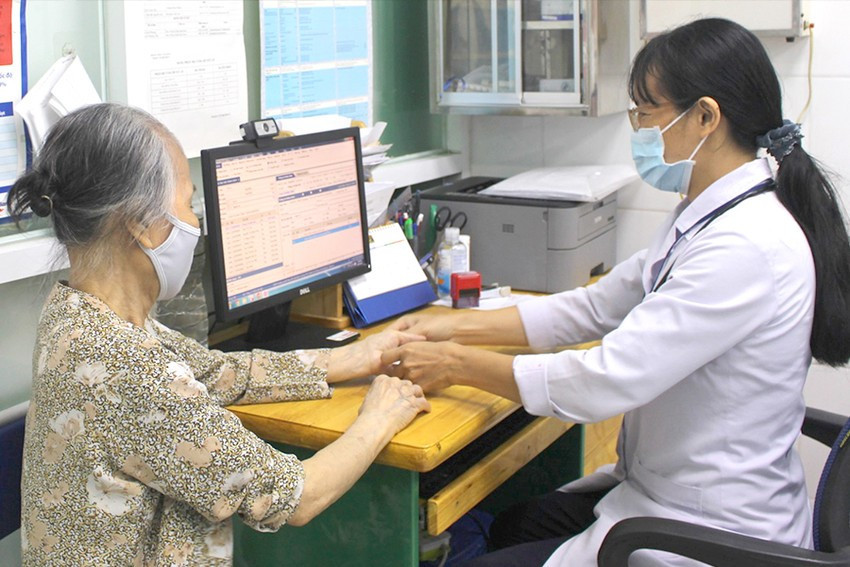
At a campaign launch for integrated communication and quality population services on July 11, Pham Chanh Trung, Director of Ho Chi Minh City's Population and Family Planning Department, stated that the average life expectancy of the city's residents is 76.5 years, higher than the national average of 73.7 years.
Meanwhile, the city's birth rate continues to decline. The average number of children per woman of childbearing age in Ho Chi Minh City is 1.32, significantly lower than Vietnam's replacement fertility rate of 2-2.1 children per woman. For nearly 20 years, Ho Chi Minh City has consistently been among the provinces and cities with the lowest birth rates in the country.
According to national population data provided by the Ho Chi Minh City Police Agency, in 2023, the number of elderly individuals (over 60 years old) in the city is 1,135,889, accounting for 12.05% of the population. This indicates that Ho Chi Minh City is rapidly entering the process of population aging.
"Population aging changes family structures, with people living longer, having fewer children, and having fewer caregiving options. Additionally, population aging increases the duration of post-retirement life, putting pressure on healthcare and pension systems. This also leads to a reduction in the working-age population, changes in occupational structures, and a higher economic burden on young workers," Trung explained.
Nguyen Van Vinh Chau, Deputy Director of the Ho Chi Minh City Department of Health, stated that to address population aging, the healthcare sector is working to resolve the low birth rate, continue health screenings, detect non-communicable diseases early, and create health records for the elderly.
Bach Duong